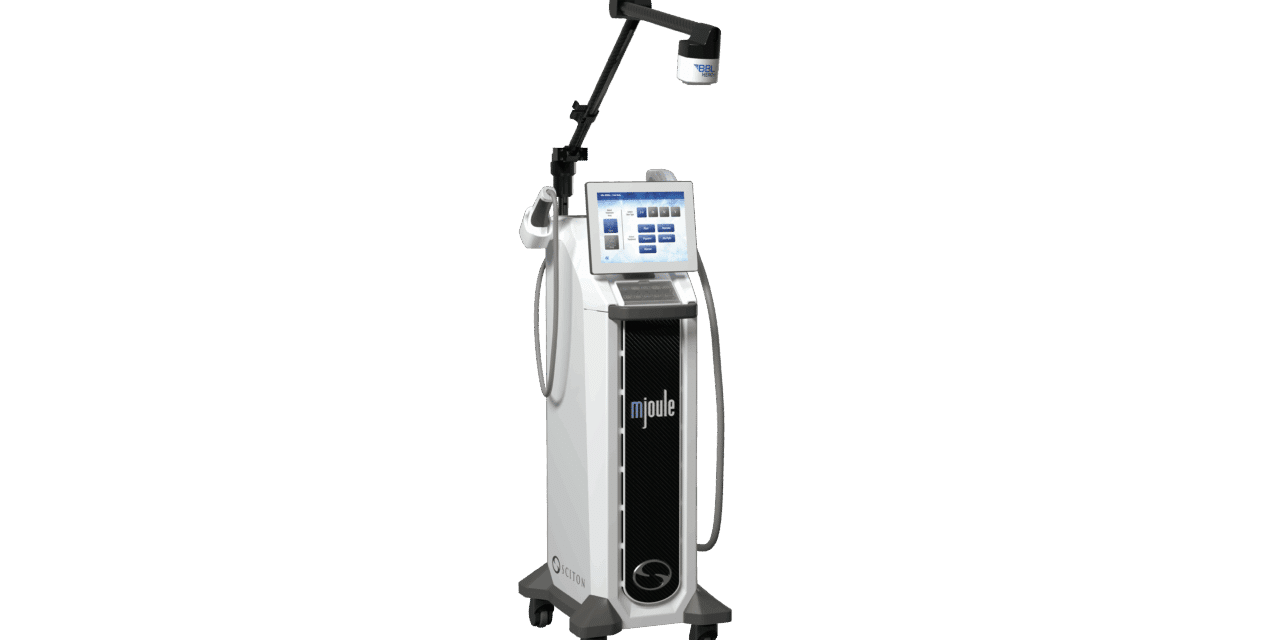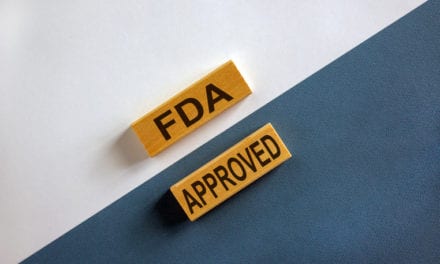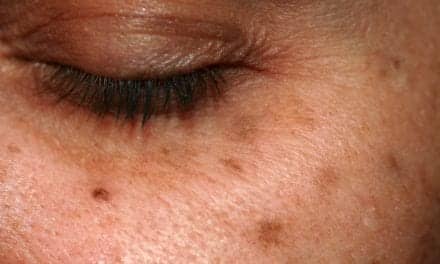Sciton shares how its treatment platforms and post-sale services are designed to help private practices improve clinical outcomes and long-term business performance.
As demand grows for non-surgical treatments and customizable skin rejuvenation options, more plastic surgery practices are exploring energy-based devices that integrate seamlessly with their surgical offerings. Sciton, a manufacturer of laser and light-based systems, offers two modular platforms—JOULE and mJOULE—that enable practices to expand their treatment menus with options ranging from skin resurfacing to vascular and pigment correction.
To better understand how these platforms are being used in clinical settings—and what kind of return on investment they can offer—Plastic Surgery Practice spoke with Matt Cooper, director of sales for the eastern U.S. at Sciton. He discussed the differences between the two systems, how physician feedback informs product development, and what ongoing support looks like for practices post-purchase.
Plastic Surgery Practice: For those unfamiliar, can you start by explaining what the JOULE and mJOULE platforms do and the types of aesthetic treatments they’re designed to deliver?
Matt Cooper: The JOULE and mJOULE platforms are Sciton’s customizable aesthetic workstations designed to treat skin, including but not limited to pigmented lesions, vascular malformations, acne, wrinkles, the appearance of skin laxity, and more. You choose the treatments to outfit your laser. Options include best-in-class treatments like BBL HEROic—a next-generation pulsed light device, HALO—the world’s first hybrid fractional laser, MOXI—a light resurfacing treatment, ClearV—an advanced Nd:YAG laser for vascular conditions, and ClearSilk—a no-downtime skin revitalization powerhouse. The main differences between the two are their footprints and power requirements: the mJOULE is slightly smaller and runs on standard 110V power, while the JOULE requires 220V power to operate our ablative and hybrid-ablative resurfacing technologies.
PSP: What are some of the key differences between JOULE and mJOULE, and how might a private plastic surgery practice decide which system is the better fit?
Cooper: First, both platforms are fantastic additions to a plastic surgery practice because they complement what surgeons do in the operating room so well. Our JOULE platform is often the surgeon’s workstation of choice to start with because it features our award-winning ablative resurfacing suite, affectionately referred to as “Resurfacing Perfected.” This dual-mode erbium is the most tunable in aesthetics and can emulate all other resurfacing technologies, including CO₂ and erbium fiber technology. It is used by our surgeons in conjunction with procedures such as facelifts, blepharoplasties, brow lifts, rhinoplasties, breast augmentations, and even scar revisions. The mJOULE is equally popular, as treatments like MOXI, our 1064 nm ClearSuite applications, and BBL HEROic are excellent for capturing younger patients who might not be ready for surgery yet, or post-surgical patients who want to maintain the beautiful results created in the OR.
PSP: You describe Sciton as a physician-first company. Can you share how plastic surgeons and other clinicians are involved in the product development or refinement process?
Cooper: Our ethos—our north star—is improving people’s lives: our people, our providers, and their patients. This is difficult to achieve without actively seeking feedback from each of those groups. In fact, when we launch products, we reach out to our customers, including some of the top plastic surgeons in the world, and ask them three questions: What do you like about a certain technology? What don’t you like? And if you could build the perfect device, what would it look like? Using that feedback, we’ve created some of the most revolutionary devices in the world, starting with our groundbreaking Contour TRL (Tunable Resurfacing Laser) in the 1990s, HALO in 2014, and, most recently, BBL HEROic, launched just last year.
PSP: Many plastic surgeons are cautious when it comes to capital investment in new technology. What kind of ROI data or patient satisfaction metrics can you share that support the value of adding a Sciton device to a private practice?
Cooper: We don’t blame them for being cautious, especially considering how many competitors have made promises they couldn’t deliver on—whether by overpromising the results their technology could produce or exaggerating the company support that ultimately never materialized. But this is where Sciton thrives. Our reputation as the “Bentley of Lasers,” a name given to us by plastic surgeon Grant Stevens, MD, was built on results. It’s our tagline, in fact: “Because Results Matter.” Treatment results, support results, and ROI results. The ROI piece is validated by Sciton iQ, a technology we introduced in 2019. Every system that leaves our manufacturing facility in Palo Alto, Calif, is equipped with proprietary technology that monitors both system health and usage. This gives practice owners access to real return-on-investment data from across the country, including their specific city or market, providing peace of mind when investing in technology that will redefine their non-surgical menu of services.
PSP: Beyond the hardware, Sciton promotes a long-term partnership model. What does that look like after the sale—especially in terms of ongoing clinical training, marketing support, or business consulting?
Cooper: We have three main tenets that guide our company. The first is to build best-in-class technology. Laser medicine is still medicine, so we compete from a standpoint of technological superiority because that translates into superior results. The second is to create customizable, upgradeable systems. Every practice is different, with unique budgets, patient demographics, and skin types. Each system can be tailored to meet a practice’s specific needs. The third focuses on what happens after you invest in our technology: rep support, marketing support, clinical support, and business support. We take support as seriously as we take technology, and our SuccessBuilder Program is designed to set our customers up for success. Our team includes the most selfless and best-educated reps in the industry, a marketing team that has built some of the most coveted brands in aesthetics, a concierge marketing team delivering next-level post-sale tools, and vetted third-party vendor partners offering specialized services. Clinical support begins with a comprehensive onsite in-service led by industry-best clinical educators and is supplemented with the most robust clinical education program in the industry, including Skin CEO Boosted events, preceptorships with top plastic surgeons and dermatologists, supper clubs, laser physics courses, and more. Our support options are customizable and extensive.
PSP: With more patients seeking non-surgical options and combination treatments, how are Sciton’s platforms helping practices meet that demand while still delivering high-quality, reproducible outcomes?
Cooper: Sciton understands better than most how powerful combination treatments can be. It’s not 1 + 1 = 2; it’s 1 + 1 = 5, even 10! Combination treatments can exponentially improve results while giving providers the ability to create custom skin-care plans that address both short-term correction and long-term skin health and maintenance. This is the beauty of our platforms: our owners can offer a comprehensive menu of services on one system, delivering incredible, reproducible results with in-demand treatments that keep patients coming back again and again. PSP
Photos courtesy of Sciton.





